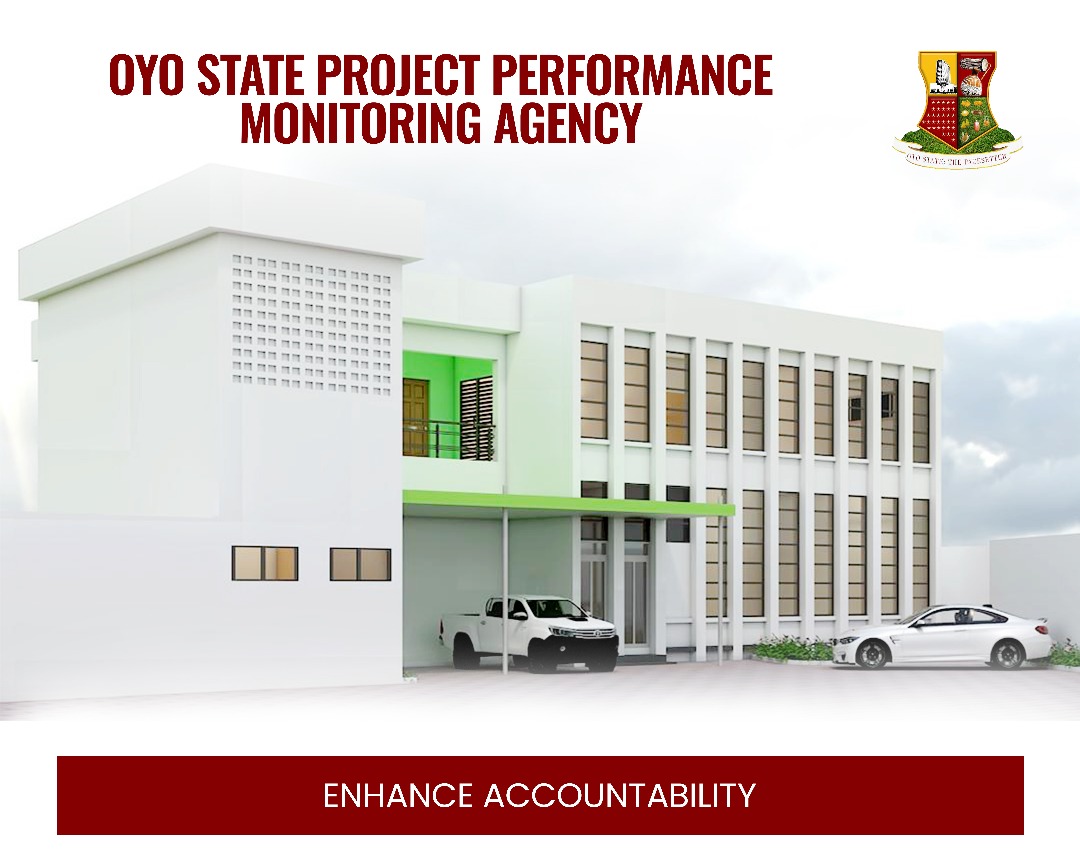By Taiwo Adisa
Jubilation was in the air when, on July 11, 2024, the Nigerian Supreme Court gave its judgment in the landmark case brought before it by the Federal Government. Nigeria’s Attorney General and Minister of Justice, Lateef Fagbemi (SAN) had filed a suit at the Supreme Court on behalf of the Federal Government and the 774 local governments in the country, seeking the apex court’s nod to grant full autonomy and direct funding to all 774 local government councils from their share of the federation account.


The suit, according to the court processes, was predicated on 27 grounds, and it urged the court to issue an order prohibiting state governors from unilateral, arbitrary and unlawful dissolution of democratically elected local government leaders; and that as a creation of the 1999 Constitution, the councils are to be protected by the President as the Head of the Federal Executive arm of the Federation.
In truth, this was a case that troubled the thirty-six state governors across the country. Since 2002, when the governors of the current Fourth Republic started conducting local government elections in accordance with the provisions of the 1999 Constitution, which empowers the states to establish the state independent electoral commissions, the independence of local governments has consistently been eroded. This got to a head in recent years, when the local governments also lost their financial power, following the myriad of laws passed by the various State Houses of Assembly. There have been loud complaints as to the zero performance of local governments in this era, especially starting from 2002; but the governments that operated at the federal level since Olusegun Obasanjo have paid lip service to the groanings of the local councils.
You could, therefore, feel the excitement in the air as the Supreme Court pronounced autonomy for the 774 local governments on July 11, 2024. The Association of Local Governments of Nigeria (ALGON) and the Nigerian Union of Local Government Employees (NULGE) were all upbeat that freedom had come at last. Not a few of the nation’s political stakeholders equally hailed President Bola Tinubu for taking a step in the direction of ensuring democratic governance in the councils.
This is notwithstanding the dissenting voices, which believed that local governments should be left at the mercy of the states.
In a judgment by a seven-man panel of the court led by Justice Emmanuel Agim, the apex court declared that it is unconstitutional for state governors to hold funds allocated to local government administrations and that the 774 local governments in the country should manage their funds themselves.
The court held that the power of the government is portioned into three arms of government, including the federal, the state, and the local governments.
According to the court, no state government has the power to appoint a caretaker committee because a local government council is only recognisable with a democratically elected government. “A democratically elected local government is sacrosanct and non-negotiable,” the court said, adding that the use of a caretaker committee amounted to a violation of the 1999 Constitution. The court also held that the state governments have been perpetuating a dangerous trend through their refusal to allow democratically elected local government councils in their states or through the appointment and removal of caretaker councils.
Justice Agim declared: “I hold that the states’ retention of the local government funds is unconstitutionalDemands of justice require a progressive interpretation of the law. It is the position of this court that the federation can pay local government allocations to the local governments directly or pay them through the states. “In this case, since paying them through states has not worked, justice of this case demands that LG allocations from the federation account should henceforth be paid directly to the LGs.” He ordered that funds of the local governments must be paid to only democratically elected local government councils and that “anything other than this will be taken as a gross misconduct.”
The court also granted the following reliefs to the Federal Government: “A declaration that the state government has no power or control to keep the local government council money or funds;
“A declaration that the local government council is entitled to the local government allocation;
“An order of injunction restraining the defendants by themselves, agents or privies from spending local government allocation”;
“A declaration that no state government should be paid any money meant for the local government” and
“An immediate compliance to this judgement.”
The last order of the court mentioned above is of huge interest to us here. The court ordered an “immediate compliance” to the judgment. But going by the developments since July 2024, one may wish to ask both the Supreme Court and the Federal Government, what constitutes an immediate compliance in this case? By my record, this is clear nine months after the verdict of the court, yet we are not about to see a conclusion on this all-important matter. All we have seen from the office of the Secretary to the Government of the Federation are mere rigmaroles and I wonder if it would be that hard to separate the local councils from the states, why would the Supreme Court give an order to mandate the surgical operation?
The Federal Government had moved from setting up a 10-man inter-ministerial committee to a review committee and then to dropping the matter at the foot of the Central Bank of Nigeria.
In August 2024, the government announced through the office of the Secretary to the Government of the Federation (SGF), Senator George Akume that it has inaugurated an Inter-Ministerial Committee to enforce the July 11 judgment of the Supreme Court judgement.
A statement by Segun Imohiosen, Director, Information & Public Relations at the SGF, named members of the committee to include the SGF as Chairman, with other members as the Minister of Finance & Coordinating Minister of the Economy; Attorney General of the Federation; Minister of Budget & Economic Planning; Accountant General of the Federation; Governor, Central Bank of Nigeria; Permanent Secretary (Federal Ministry of Finance); Chairman, Revenue Mobilisation Allocation & Fiscal Commission; RMAFC, Representative of State Governors and Representative of Local Governments.
The committee met for months, and its undisclosed report was further handed over to a review panel, which has also submitted a report. It is however surprising that months after the order of immediate implementation granted by the apex court, nothing really can be said to have happened. Right now, states that were jittery that their pot of soup was about being taken away if the direct payment of local government funds to the councils should take effect had started relaxing because it has been business as usual all along.
So, what really could be ailing the Federal Government and the CBN from immediately implementing the direct payment granted the councils by the Supreme Court? My initial checks revealed that the implementation of the order of the apex court would only encounter two genuine challenges which the state governors would raise at the 10-man meeting. One is the question of payment of primary school teachers, which is domiciled in the local governments and the payment of workers at the primary healthcare centres, another responsibility of the councils.
You would recall that in the days of the military, payment of primary school teachers was a tug of war for the local governments, a situation that led to persistent industrial actions by the teachers. The civilian administration of President Olusegun Obasanjo devised a way through by asking the states to centralise teachers and the health workers, a system that enabled the clearing of the backlogs owed the teachers before the advent of the Fourth Republic. The issue here is that the primary schools and the health centres are not evenly distributed among the local governments. While the urban councils have huge population of students and teachers to take care of, the local governments in the hinterlands have less population to manage. The problem then arose because the allocations due to the councils in the urban centres may not cover the bills for the teachers and health workers. It means that the teachers and the health workers may be back to the pre-1999 days of unpaid backlogs of salaries if care is not taken. If that is the main issue at stake, should its resolution take all 10 months? I do not think so.
One of the excuses we have heard about this matter is the claim attributed to the CBN in the media that the local governments mandated to open accounts with the Central Bank have not done so because they have been “stopped” by the governors. I found this extremely unfathomable. Are the councils supposed to open accounts using the BVN of their chairmen? That cannot be because the accounts are not personal accounts.
How did the state governments open the accounts through which the CBN pay their federal allocations? And why is it that we do not get to hear of issues with the operation of such accounts even in the case of change of governments? But the real question I would want anyone in CBN who authorised the release of such excuse to answer is this: how did the CBN pay the councils in the days of the military? Were the chairmen asked to open special accounts with features including names of their grandparents or the maiden names of their great grandmothers? Let me submit here that some people are already playing the devils advocate, telling it to whoever cares that the Federal Government never intended to liberate the councils, and that the move was just a political gimmick to “shake” the governors a bit. Whatever it is, the important thing right now is for the Federal Government to find a way to implement the ruling of the Supreme Court and if it can’t, it would be better for the Minister of Justice to return to the apex court to ask it to give a ruling it can comfortably implement, such that the judgment of our Supreme Court would not be in vain.
